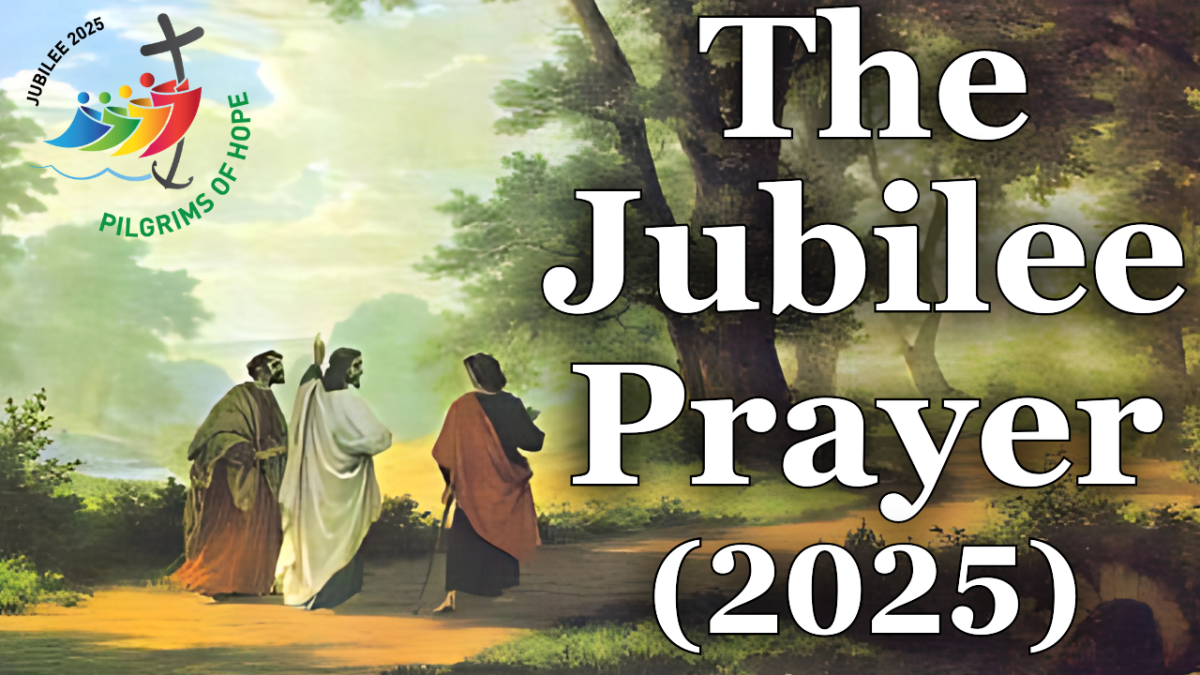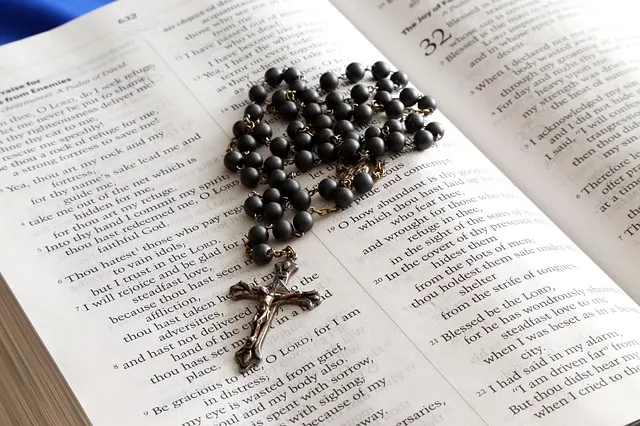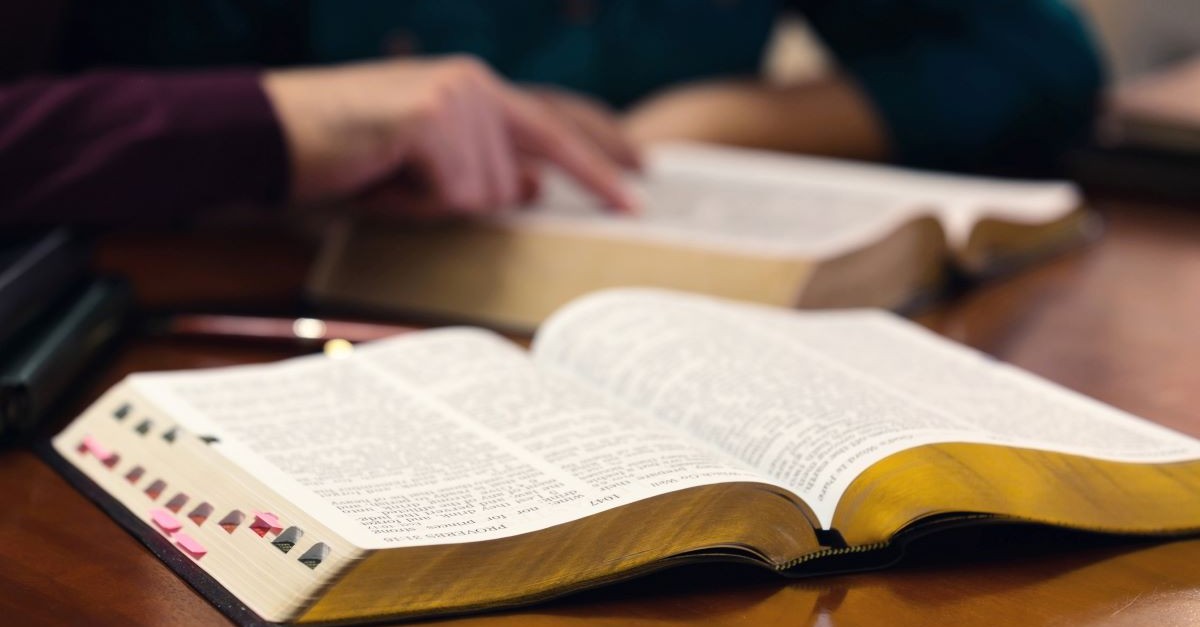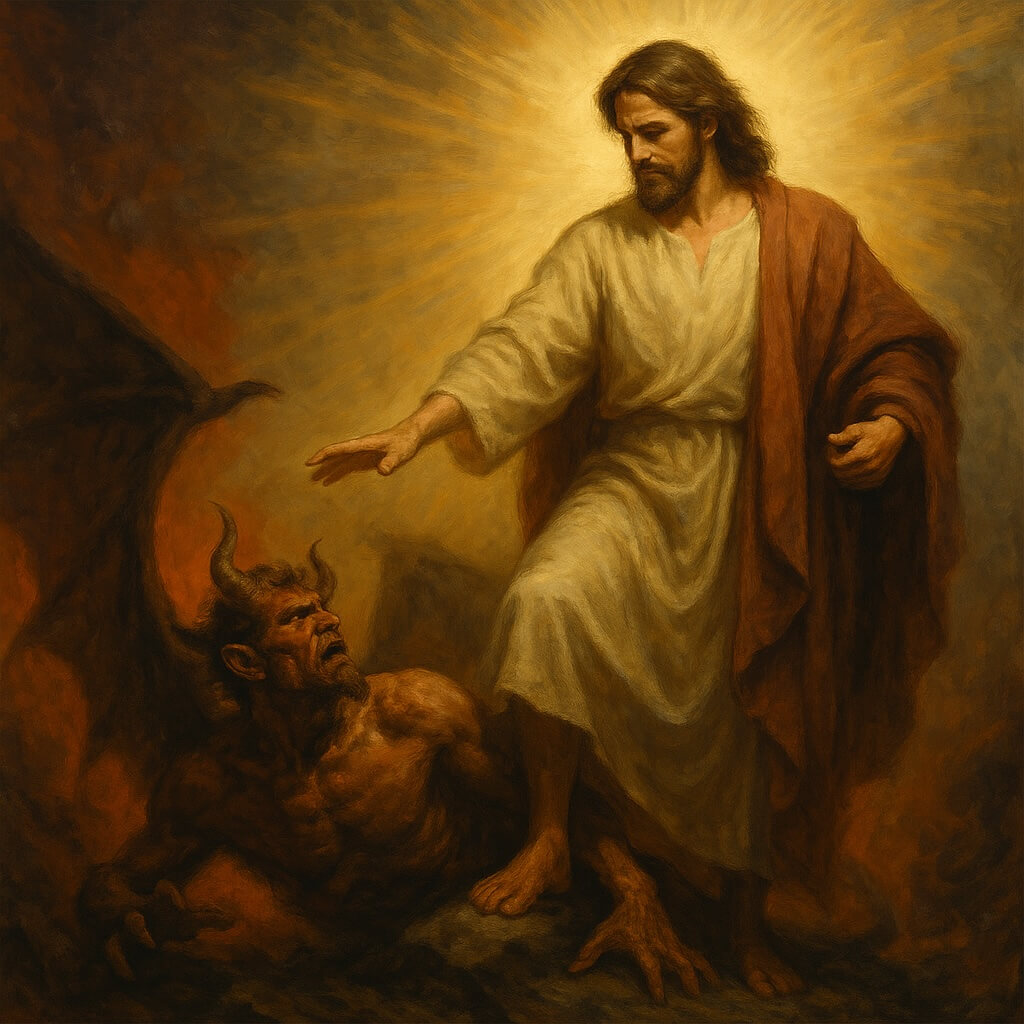
Month: December 2024
-
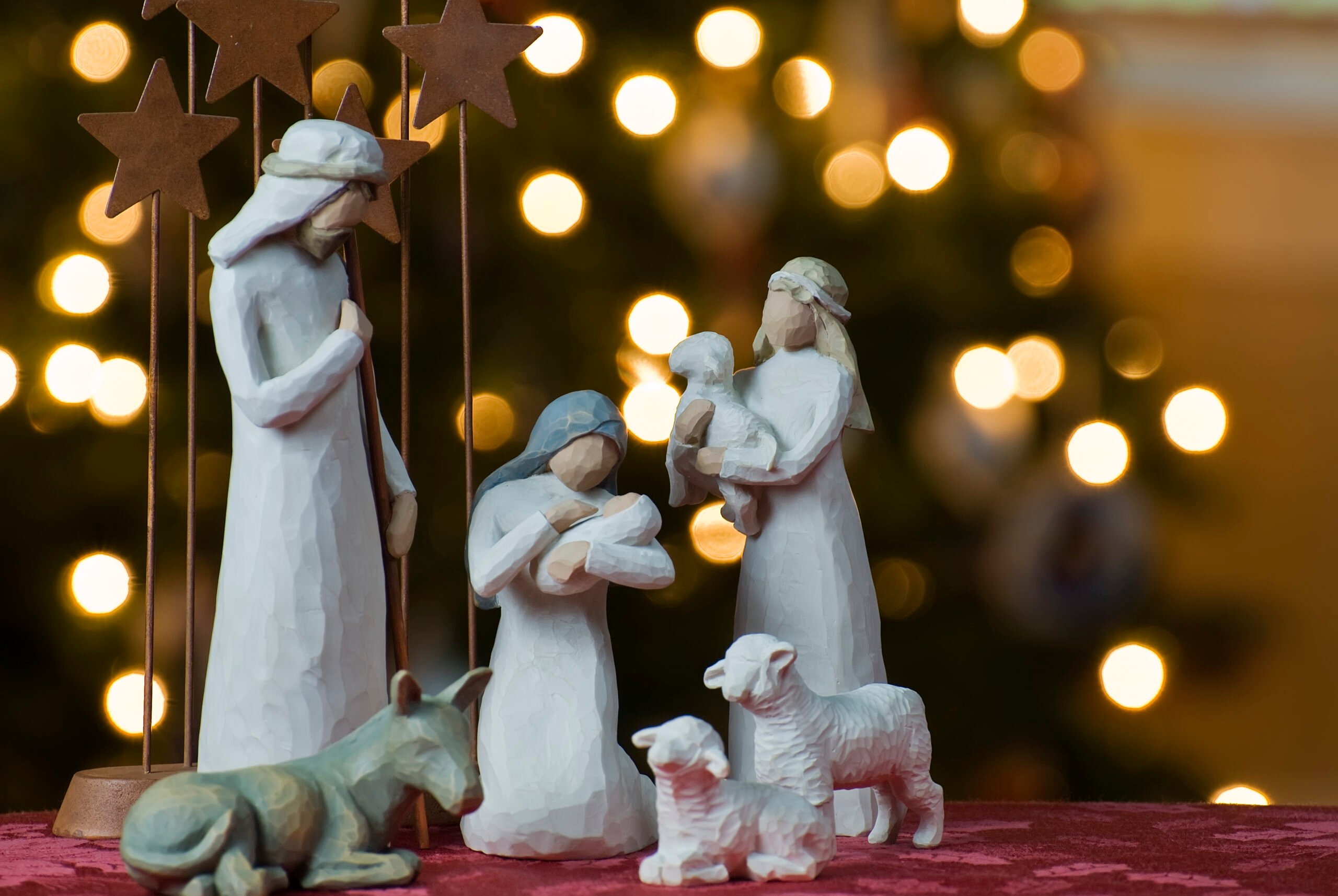
From the Manger to the Magi: 10 Ways to Celebrate the 12 Days of Christmas
Read More: From the Manger to the Magi: 10 Ways to Celebrate the 12 Days of ChristmasThe presents have been unwrapped, the carols have been sung, and the joyful Mass of Christmas Day has come and gone. But wait—Christmas isn’t over yet! The Church gives us 12 glorious days to continue celebrating, right up to the Feast of the Epiphany (January 6). Between the manger and the Magi, there’s a whole…
-
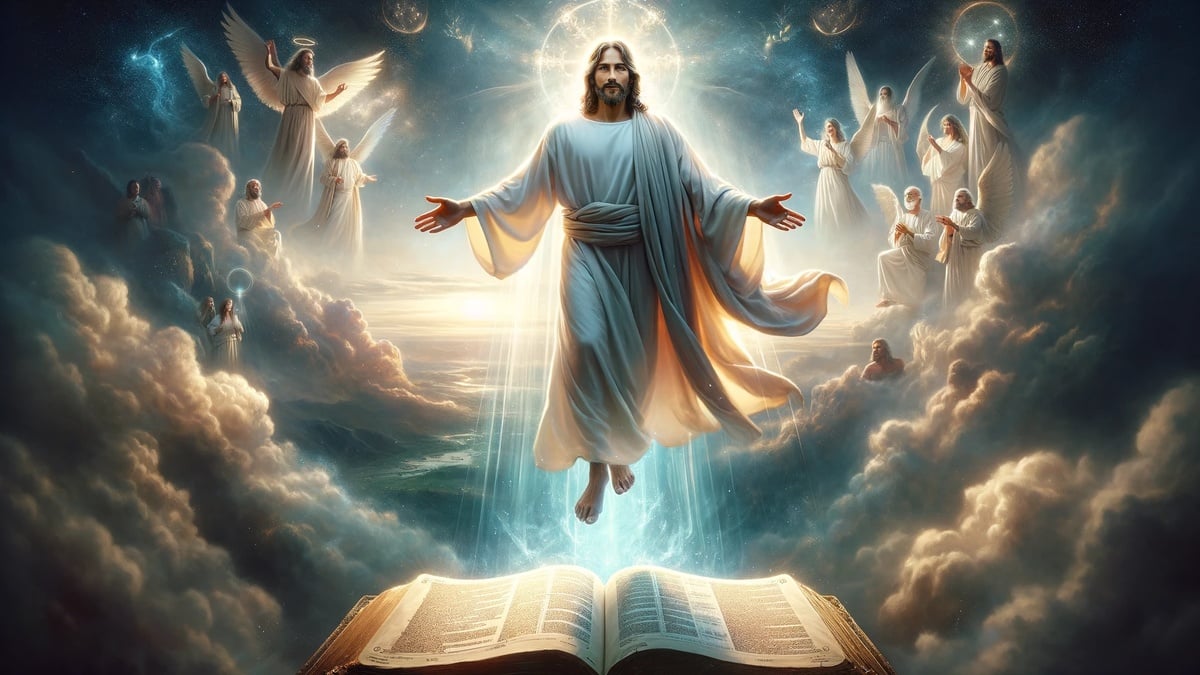
Advent and the End Times: What Advent Teaches Us About the Second Coming!
Read More: Advent and the End Times: What Advent Teaches Us About the Second Coming!Advent is more than a countdown to Christmas; it’s a call to spiritual renewal, a season of hope, and a time to prepare not just for the celebration of Christ’s birth, but for His glorious return at the end of time. In the hustle of the holiday season, Advent whispers a reminder: Stay awake. Be…
-
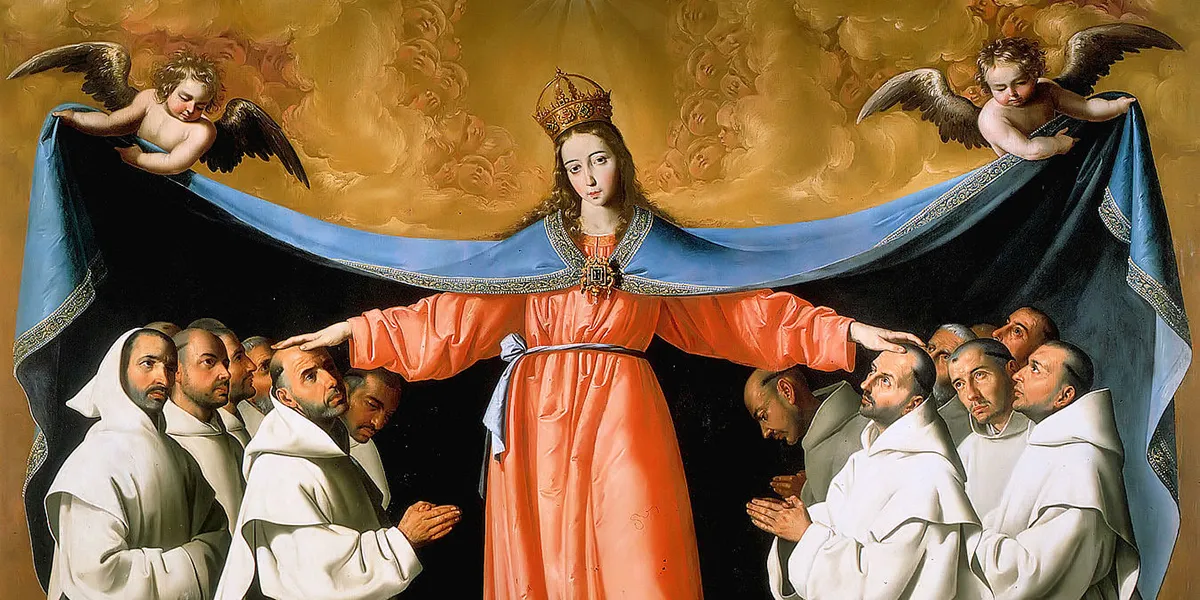
Chaplet, Novena, Prayer to Our Lady of Mercy
Read More: Chaplet, Novena, Prayer to Our Lady of MercyChaplet to Our Lady of Mercy (consists of three decades) In the beginning: Hail, holy Queen, Mother of Mercy; our life, our sweetness and our hope! To you do we cry, poor banished children of Eve. To you do we send our sighs, mourning and weeping in this valley of tears. Turn, then, most gracious…
-

I met a miracle : the story of John Traynor, miraculously cured at Lourdes
Read More: I met a miracle : the story of John Traynor, miraculously cured at LourdesThe Astonishing Miracle of John Traynor: From Broken Veteran to Lourdes Pilgrim On September 10, 1937, Reverend Patrick O’Connor, a missionary of St. Columban, found himself face-to-face with a miracle in the bustling railway station of a French town. That miracle had a name—John Traynor. Towering at five feet ten, with a strong ruddy face…
-
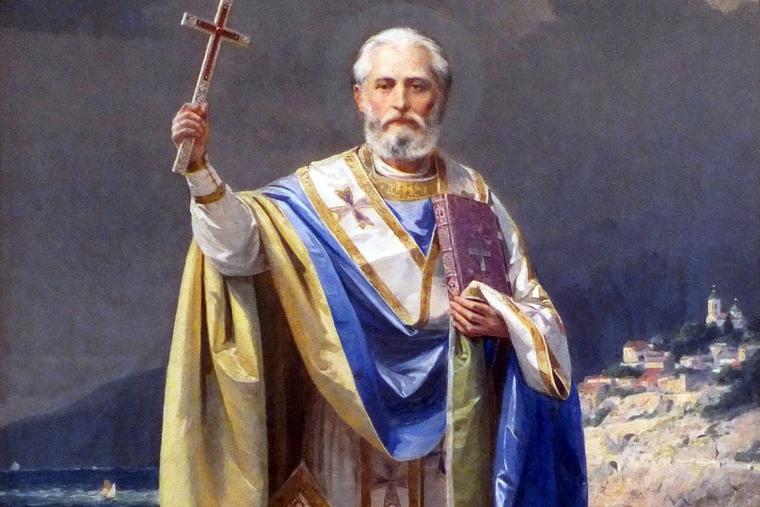
A Visit from St. Nicholas | Twas the night before Christmas
Read More: A Visit from St. Nicholas | Twas the night before Christmas‘Twas the night before Christmas, when all through the houseNot a creature was stirring, not even a mouse;The stockings were hung by the chimney with care,In hopes that St. Nicholas soon would be there; The children were nestled all snug in their beds;While visions of sugar-plums danced in their heads;And mamma in her ‘kerchief, and…
-
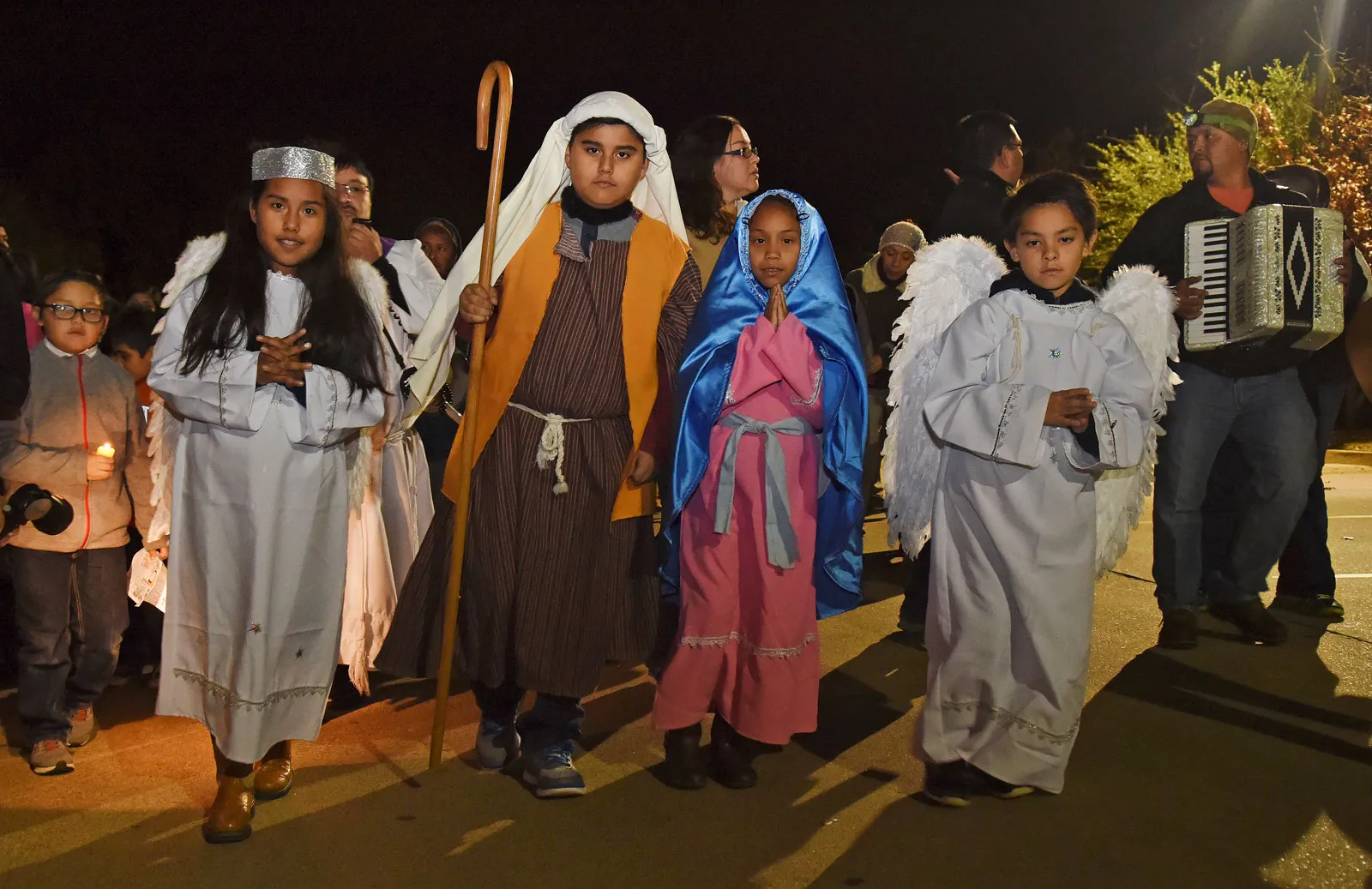
What is LAS POSADAS? How to Celebrate?
Read More: What is LAS POSADAS? How to Celebrate?LAS POSADAS is an Advent devotion common among Mexican and Latino Christians. Although customs vary, generally on each of the nine evenings before Christmas Eve members of local families gather together, sing traditional villancicos (Spanish Christmas hymns), and are lead by two members dressed as Mary and Joseph to designated homes (“inns”) where they seek shelter as the…
-

15 Days Until Christmas! PRINTABLE Short Advent Daily Meditations for Your Journey (10 Dec 2024 – 25 Dec 2024)
Read More: 15 Days Until Christmas! PRINTABLE Short Advent Daily Meditations for Your Journey (10 Dec 2024 – 25 Dec 2024)Powered By EmbedPress The Advent season is a time of preparation, reflection, and anticipation for the coming of Jesus Christ. Below are daily meditations, incorporating the Saint of the Day, Bible readings, reflections, saintly quotes, and prayers. 10 December 2024: Trust in God’s Plan Saint of the Day: St. John Roberts, MartyrBible Reading: Isaiah 40:1-11“Comfort,…
Search
Popular Posts
-
The Bible is a Catholic Book!
Download below for Free Powered By EmbedPress
-
Which Bible Should We Read?
Please Download Below! Powered By EmbedPress
Categories
Archives
Tags
#Miracles (106) 2023 (4) 2024 (4) approved miracles (2) catholic (148) catholic blog (395) catholic meditations (7) catholic miracles (391) catholic motivation (2) catholic news (385) catholic prayers (4) CatholicSeers (373) catholic vlog (394) catholic websites (6) Eucharistic miracle (2) fr jim blount (3) GisellaCardia (11) hamas (3) imitation of christ (2) Israel (4) israel live (5) Israel news (9) jesus (3) jesus christ (4) Latest messages (11) lent 2023 (10) lent 2024 (4) lent homily (2) lent retreat (4) lent retreat 2023 (3) Lourdes (2) messages from god (6) MessagesFromHeaven (381) miracles of catholic church (2) mother and refuge (2) ourlady (329) OurLadyApparitions (22) our lady of lourdes (2) Pope (2) POPE francis (3) pope francis news (2) prayers (3) real miracles (367) sacred heart of jesus (2) The Miracles of Lourdes (2)


